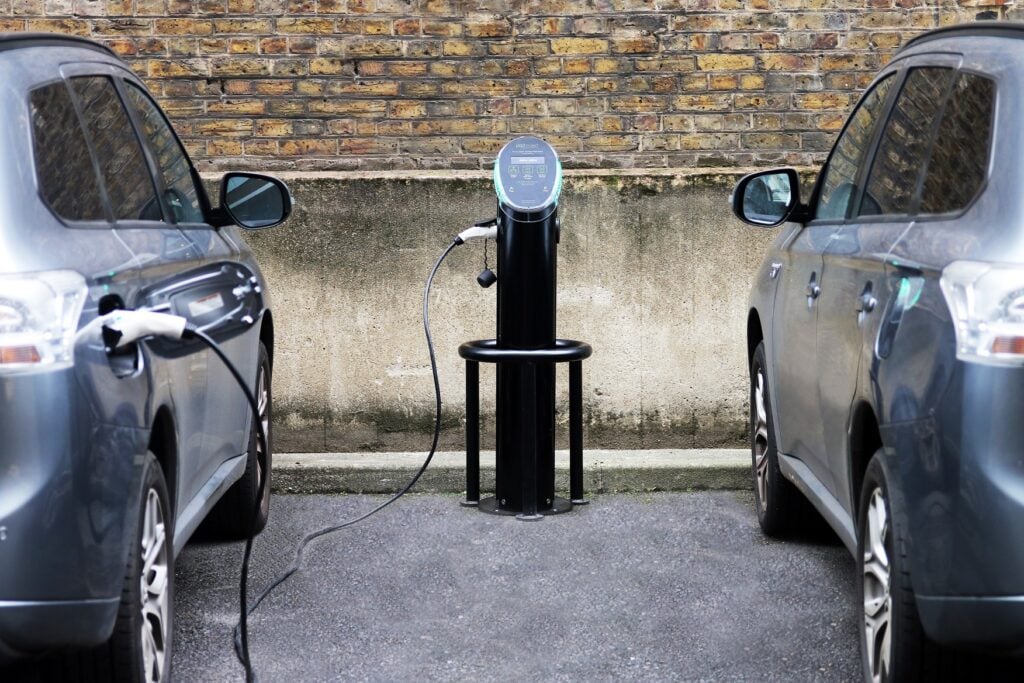Implement roaming agreements or face government intervention, the chair of the All-Party Parliamentary Group (APPG) on electric vehicles(EVs) has warned three of the UK’s largest chargepoint operators.
In an open letter Matt Western, chair of the APPG on EVs, called on the chief executives of Ecotricity and Pod Point and the chief operating officer of BP Chargemaster to follow in the footsteps of other UK operators in opening up their networks.
Western urged the operators to put in place systems that facilitate roaming within the next twelve months, or the government may intervene.
“Many MPs are expecting action on this issue, and we would be happy to support amendments to the Automated and Electric Vehicles Act to ensure it if progress is not made,” he wrote.
A lack of interoperability is affecting the confidence of global car manufacturers in the UK market and the multiple cars, accounts and apps available is a deterrent for consumers states the letter, both of which are detrimental to the wider industry’s development and ambitions and “urgently need to be addressed”.
The government recently announced plans to ensure all rapid chargers provide a contactless payment option from spring 2020. However, Western says that whilst complying with this is “good”, the standard does not “reflect a fully interoperable system in the way the [chargepoint operators] using common roaming protocols or a roaming hub would”.
Last month, a collection of Europe’s leading EV charging providers signed a letter of intent to open their networks up to roaming agreements by the end of the year. Allego, EVBox and NewMotion all agreed to open up their networks, collaborating with Chargemap, ChargePoint, Charge4Europe, Engenie, Franklin Energy and Travelcard on the initiative.
“As we face increasingly rapid take-up of these vehicles in the 2020’s, it is imperative that the groundwork to facilitate a seamless driving experience is laid today,” Western said.
“Introducing interoperability is a prime example of committing to a small change now that will encourage EV adoption and significantly improve the day to day life of EV drivers going forward. I commend these operators for their leadership to date in deploying charging infrastructure and would welcome any decision by them to take action on this issue,” he continued.
In his letter, Western asks the operators if there are software or hardware barriers to interoperability and if there is a role for government to support the transition.
However, he also acknowledges the operators’ position as “leaders in their field” and commended them for their role in deploying charging infrastructure.
Interoperability was highlighted by the Renewable Energy Association earlier in the year, with a report released stressing the need for collaboration to encourage EV uptake.
Daniel Brown, policy manager and EV lead at the Renewable Energy Association, said the charging industry can currently collaborate amongst itself and “define how it wants to tackle the issue of interoperability”.
“However, as this is a foundational issue for this sector it isn’t going to resolve itself on its own and without credible progress we risk Governmental and political intervention.”





